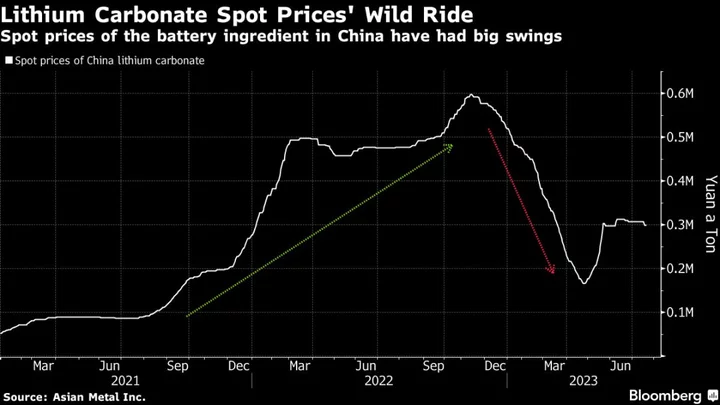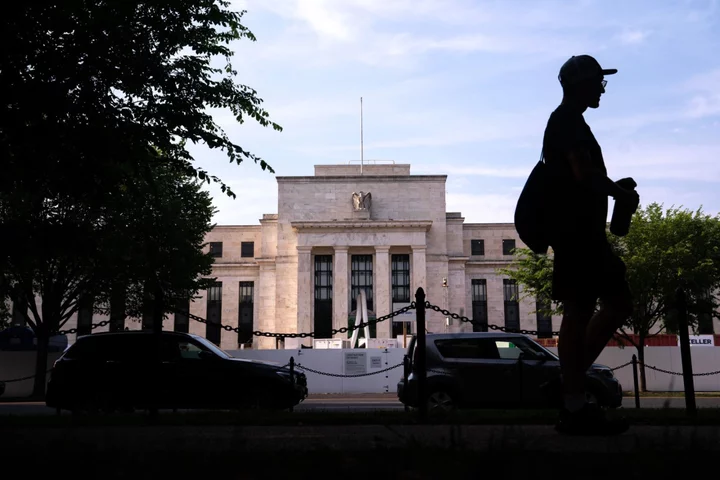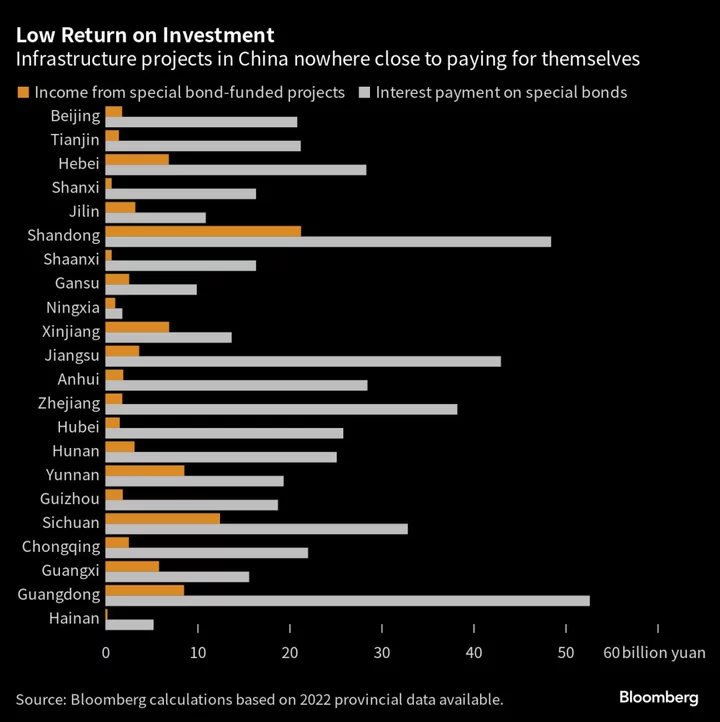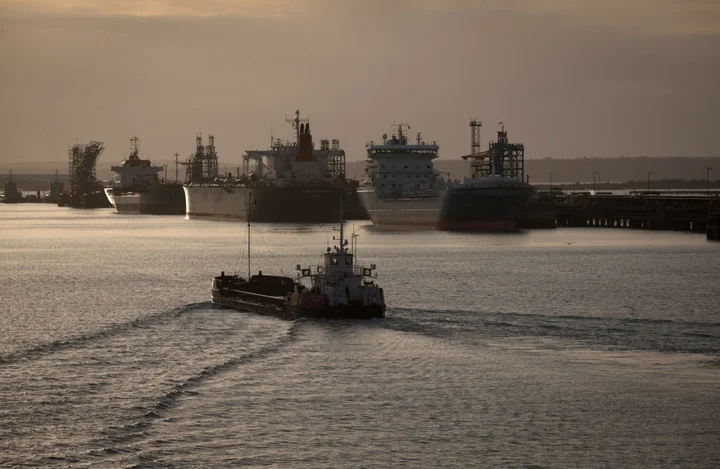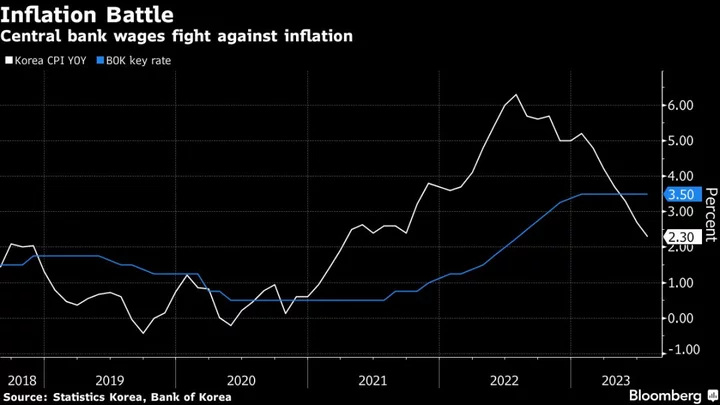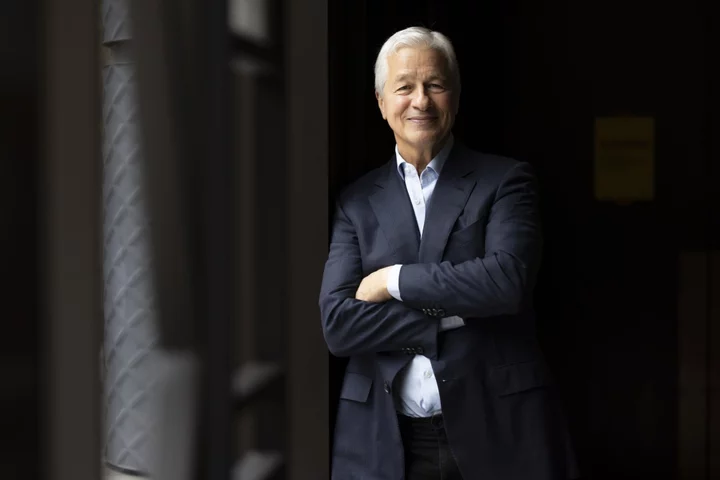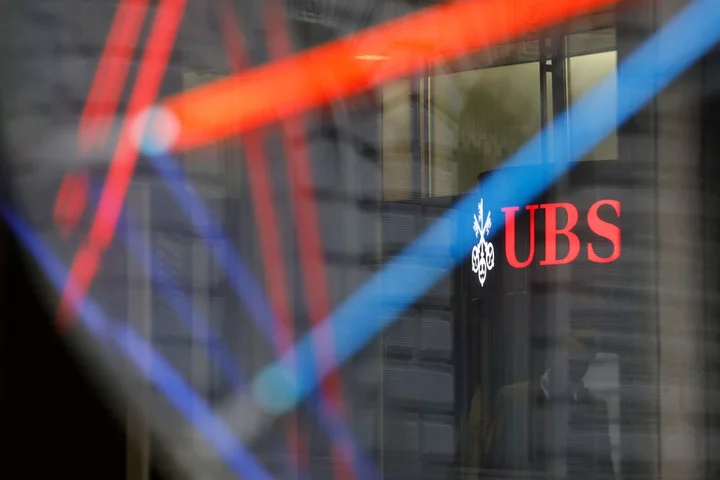China’s first-ever futures for lithium — an essential ingredient for electric vehicle batteries — got off to a rocky start in their first day of trading.
Lithium carbonate on the Guangzhou Futures Exchange fell below the base settlement price of 246,000 yuan ($34,263) a ton on Friday, data from the bourse show. Contracts for January delivery plunged to as low as 215,000 yuan, before paring losses to trade around 11% lower. Those for February to July sank by the first-day limit of 14%.
The fact that the new futures are all for next year may have contributed to the price drop, said Shirley Wang, general manager of industry research at Shanghai Metals Market.
“Sentiment is now tempered by an anticipated surplus for lithium products in 2024,” she said, adding that first quarters are also typically a slow period for restocking activity in China.
Spot prices of lithium carbonate — a refined form of the metal — have been on a wild ride. They surged to a record in November as a global push toward an electrified transport fleet fired up consumption, before plunging this year as supply pressures eased.
It’s hoped the new contracts will provide more transparent lithium pricing, reduce volatility in spot prices and giving more effective ways for producers and buyers to hedge risk. Tesla Inc. Chief Executive Officer Elon Musk, described last year’s surge in prices for the metal that’s key to the clean-energy transition as “insane.”
Battery manufacturers and carmakers around the world are still scrambling to secure offtake or expansion deals to lock in raw-material supplies. Western nations are also stepping up efforts to build their own supply chain with allies, as China still dominates processing and is a significant producer.
“The lithium and battery sector would like to have more representative and credible futures” market in China, said Dennis Ip, an analyst at Daiwa Capital Markets.

